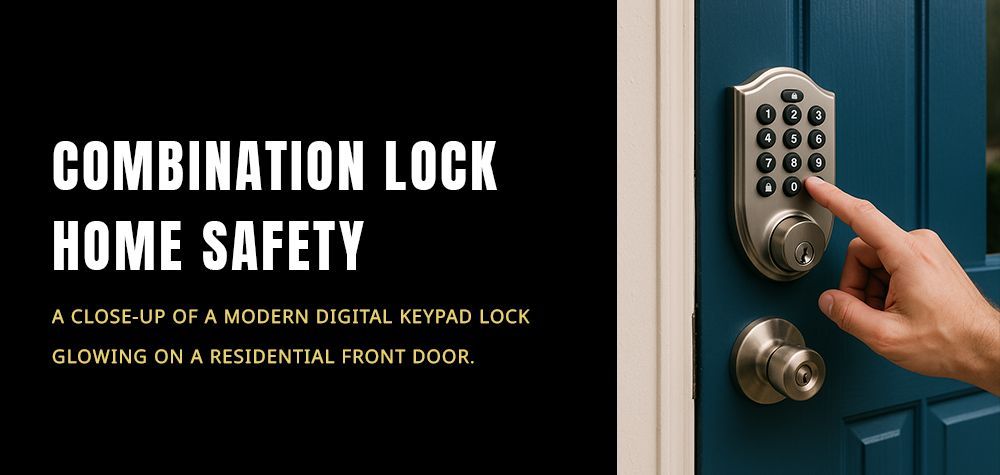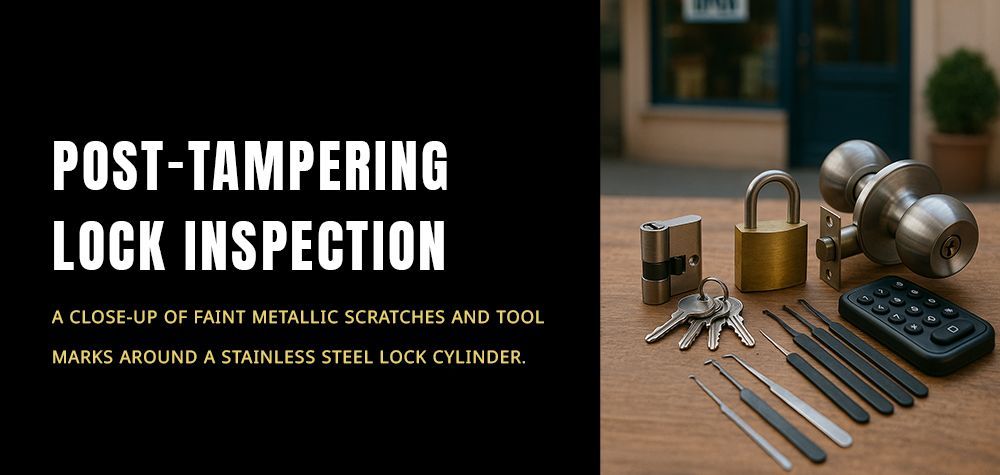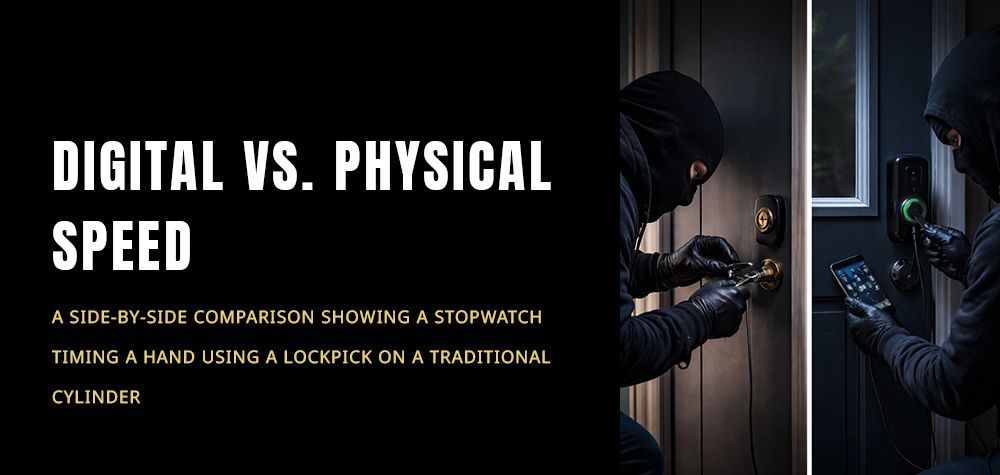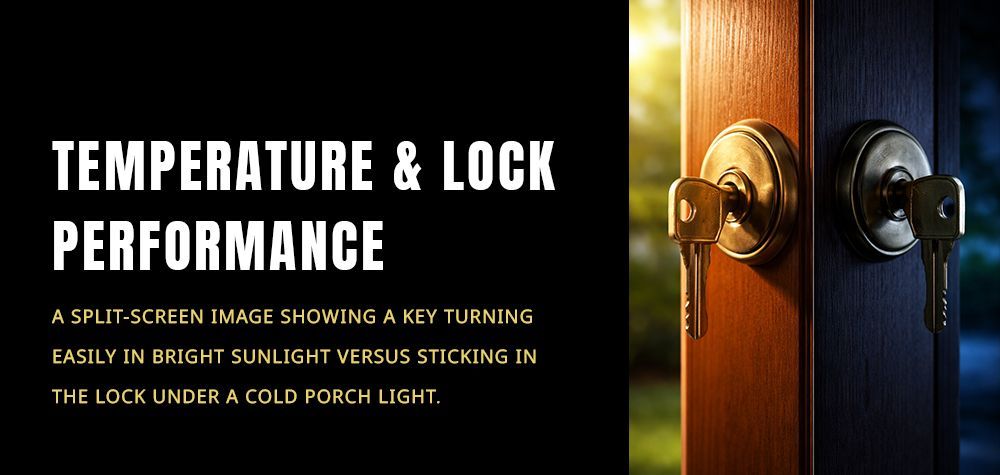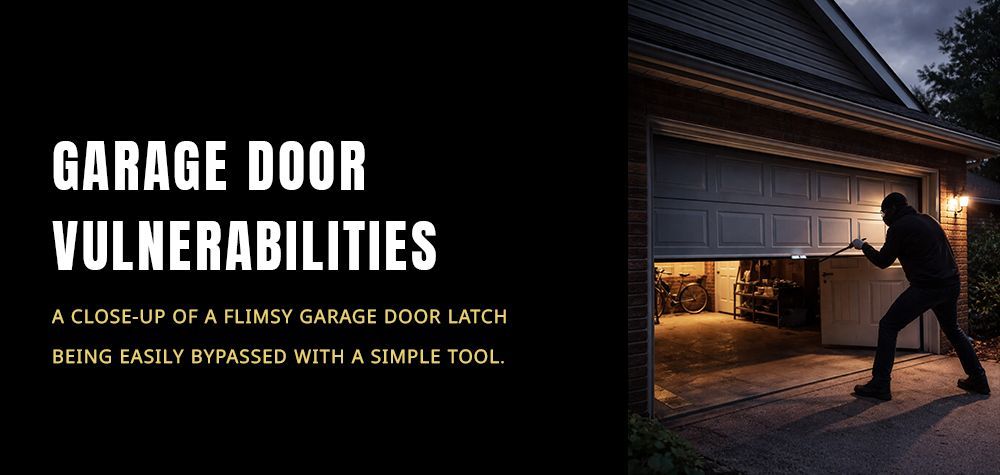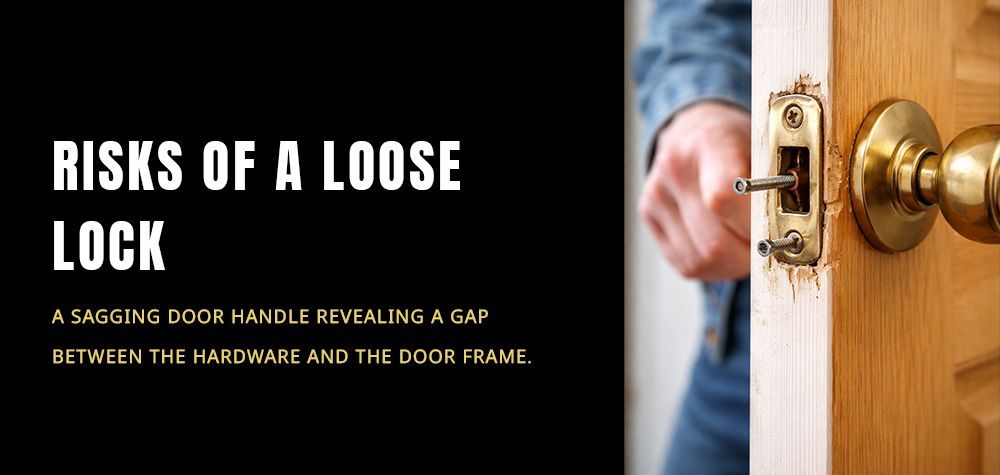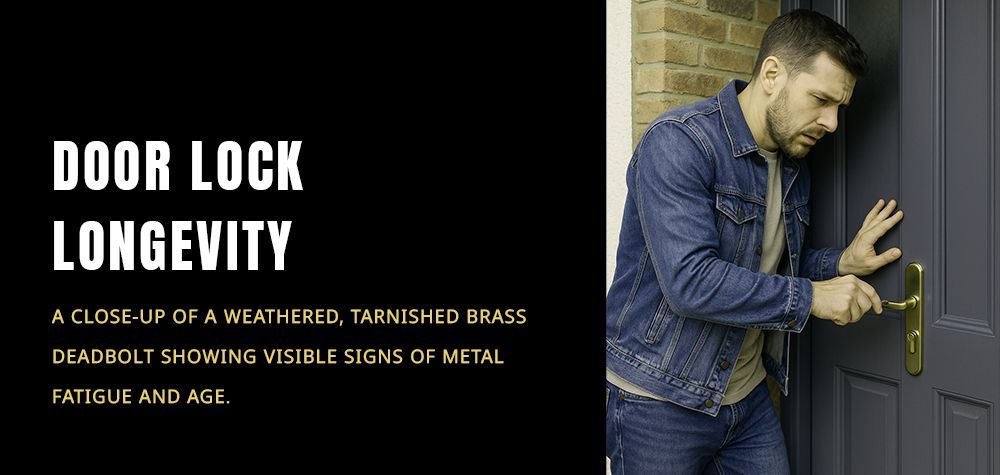Fail-Safe vs. Fail-Secure: Which One Is Right for Your Security Needs?
Ever found yourself scratching your head over which lock system to choose for your home or business? Trust me, you're not alone. The world of locks can be pretty overwhelming, but don't worry—we're here to make it a whole lot simpler. Today, we're diving into the nitty-gritty of two popular types: fail-safe and fail-secure locks.
Why does it matter? Well, picking the right lock isn’t just about keeping intruders out. It’s about ensuring safety during unexpected situations, like power outages or emergencies. So, let’s break it down and figure out which one’s the best fit for your security needs. By the end of this article, you'll have a clear understanding of what makes each type tick, their pros and cons, and which one will give you that extra peace of mind. Ready? Let’s get started!
Read more about how to pick a safe lock!
What Are Fail-Safe Locks?
Fail-safe locks are designed to unlock automatically when power is lost or in the event of an emergency. This characteristic makes them ideal for applications where quick evacuation is crucial, such as in commercial buildings and emergency exits. Fail-safe locks ensure that occupants can safely exit without needing electrical power or manual intervention, prioritizing ease of egress during critical situations.
What Are Fail-Secure Locks?
Fail-secure locks operate opposite to fail-safe locks, remaining securely locked when power is lost or during emergencies. This feature ensures heightened security by preventing unauthorized access, even in situations where electrical power is unavailable or compromised. Fail-secure locks are commonly used in locations requiring enhanced security measures, such as sensitive areas within residential properties or commercial facilities where protecting valuable assets is paramount.
Key Differences Between Fail-Safe and Fail-Secure Locks
Operation During Power Failure: Fail-Safe Locks automatically unlock when power is lost, facilitating quick egress during emergencies. Fail-Secure Locks remain locked when power is lost, maintaining security and preventing unauthorized access.
Security Level: Fail-Safe Locks prioritize ease of exit over security, potentially posing a risk of unauthorized entry during power outages. Fail-Secure Locks emphasize security by staying locked in all situations, ensuring protection of valuables and sensitive areas.
Applications: Fail-Safe Locks are suitable for emergency exits, public buildings, and locations requiring swift evacuation routes. Fail-Secure Locks are ideal for high-security areas, residential entry points, and places where maintaining strict access control is essential.
Regulatory Compliance: Fail-Safe Locks meet safety codes and regulations mandating easy exit pathways during emergencies. Fail-Secure Locks align with security standards demanding robust protection against unauthorized access attempts.
Integration with Security Systems: Fail-Safe Locks are often integrated with fire alarm systems to automatically unlock during fire emergencies. Fail-Secure Locks integrate seamlessly with access control systems for comprehensive security management and monitoring.
Emergency Preparedness: Fail-Safe Locks ensure occupants can quickly exit without delays, enhancing safety protocols. Fail-Secure Locks provide continuous protection against intrusions, reinforcing security protocols during critical incidents.
Read more about Where to install your home safe!
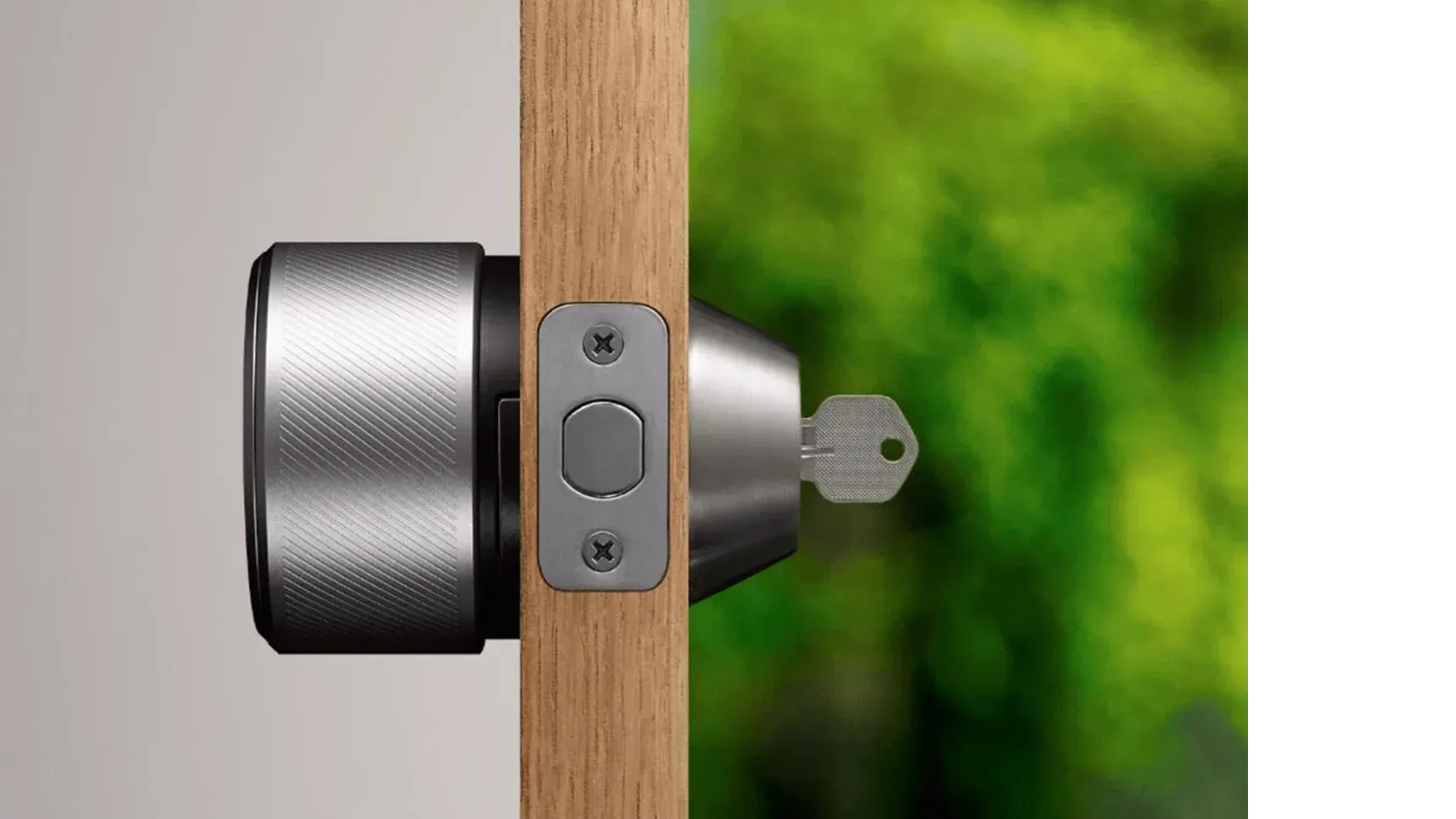
Factors to Consider When Choosing Between Fail-Safe and Fail-Secure Locks
Operation During Power Failure:
| Aspect | Fail-Safe Locks | Fail-Secure Locks |
|---|---|---|
| Operation during Power Failure | Automatically unlock to allow egress. | Remain locked to maintain security. |
| Security Level | Prioritize ease of exit, potential risk of unauthorized entry. | Emphasize security, prevent unauthorized access. |
| Applications | Emergency exits, public buildings. | High-security areas, residential entry points. |
| Regulatory Compliance | Meet safety codes for easy exit pathways. | Comply with security standards for access control. |
| Integration with Systems | Integrated with fire alarms for automatic unlocking. | Integrated with access control for comprehensive security. |
| Emergency Preparedness | Enhance safety protocols by ensuring quick exit. | Maintain security protocols against intrusions. |
Pros and Cons of Each System
Fail Safe:
Pros:
- Safety in Emergencies: Automatically unlocks doors during power failures, ensuring safe evacuation.
- Ease of Access: Allows quick access for emergency responders.
- Peace of Mind: Reduces panic in emergencies by ensuring easy exit routes.
Cons:
- Security Vulnerability: Doors are unlocked during power outages, making the premises more vulnerable to unauthorized entry.
- Power Dependence: Relies on continuous power supply to maintain security, increasing energy costs.
- Complex Installation: May require more complex and costly installation to ensure proper functionality in all scenarios.
Fail Secure:
Pros:
- Enhanced Security: Doors remain locked during power failures, maintaining high security levels.
- Energy Efficiency: Typically uses less power as it only requires energy to unlock the door.
- Reliability: Provides a consistent security solution without relying on continuous power.
Cons:
- Safety Concerns: Can pose safety risks by preventing easy exit during emergencies, potentially violating fire codes.
- Access Challenges: Emergency responders may have difficulty accessing the premises quickly during power outages.
- Panic Risk: May cause panic if individuals are unable to exit the building quickly during an emergency.
Conclusion
Choosing between fail-safe and fail-secure locks might seem tricky at first, but with a solid understanding of their differences, you’re well on your way to making an informed decision. Remember, fail-safe locks are your go-to for ensuring quick exits during emergencies, making them perfect for public buildings and spaces where safety regulations demand easy egress.
On the flip side, fail-secure locks offer robust protection, keeping your property secure even when the power goes out, ideal for high-security areas and residential homes. Ultimately, the right choice depends on your specific security needs and the unique requirements of your building. Still unsure? Don’t hesitate to reach out to a professional locksmith for personalized advice. Your peace of mind is just a smart lock away!
Call Us Any Time!


